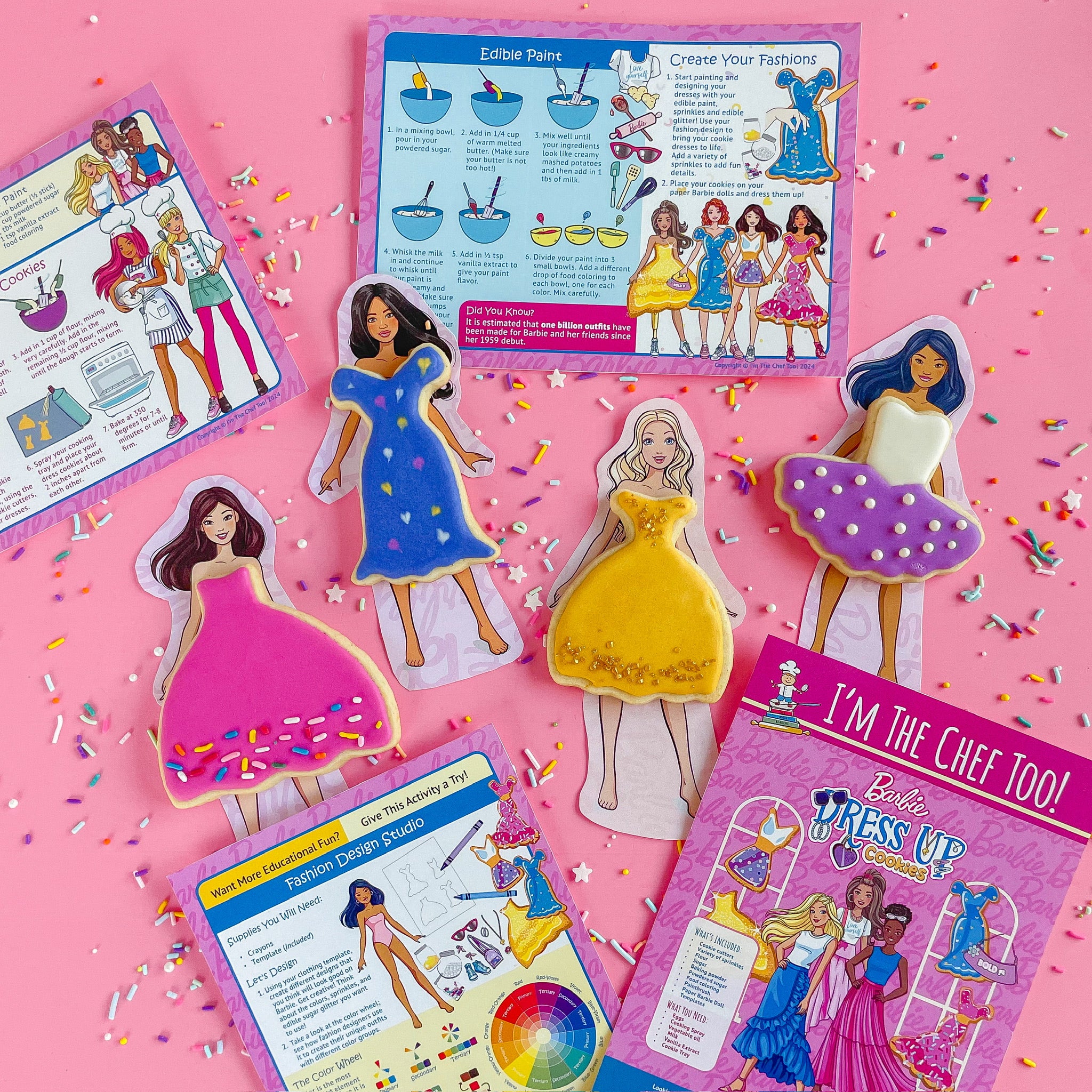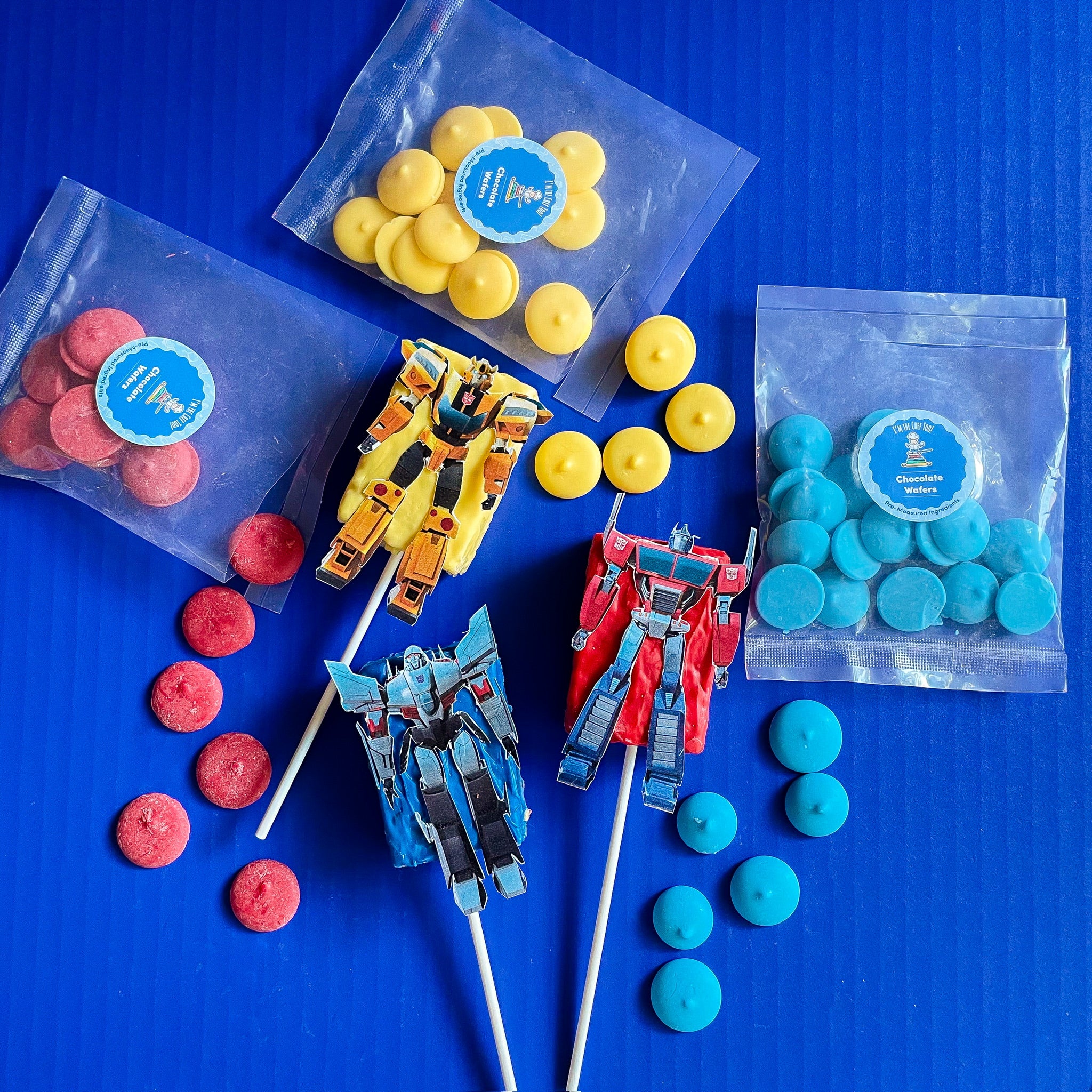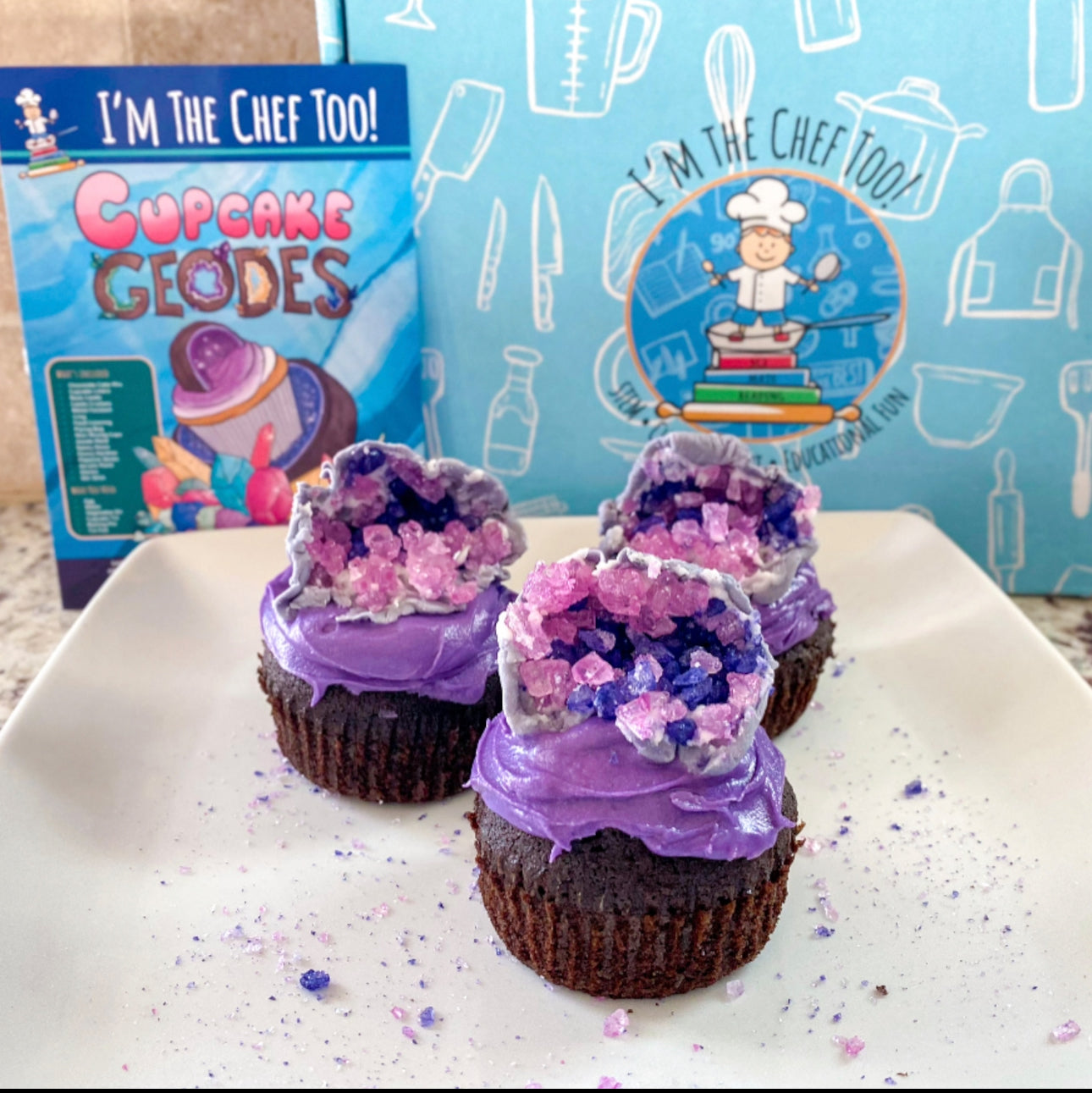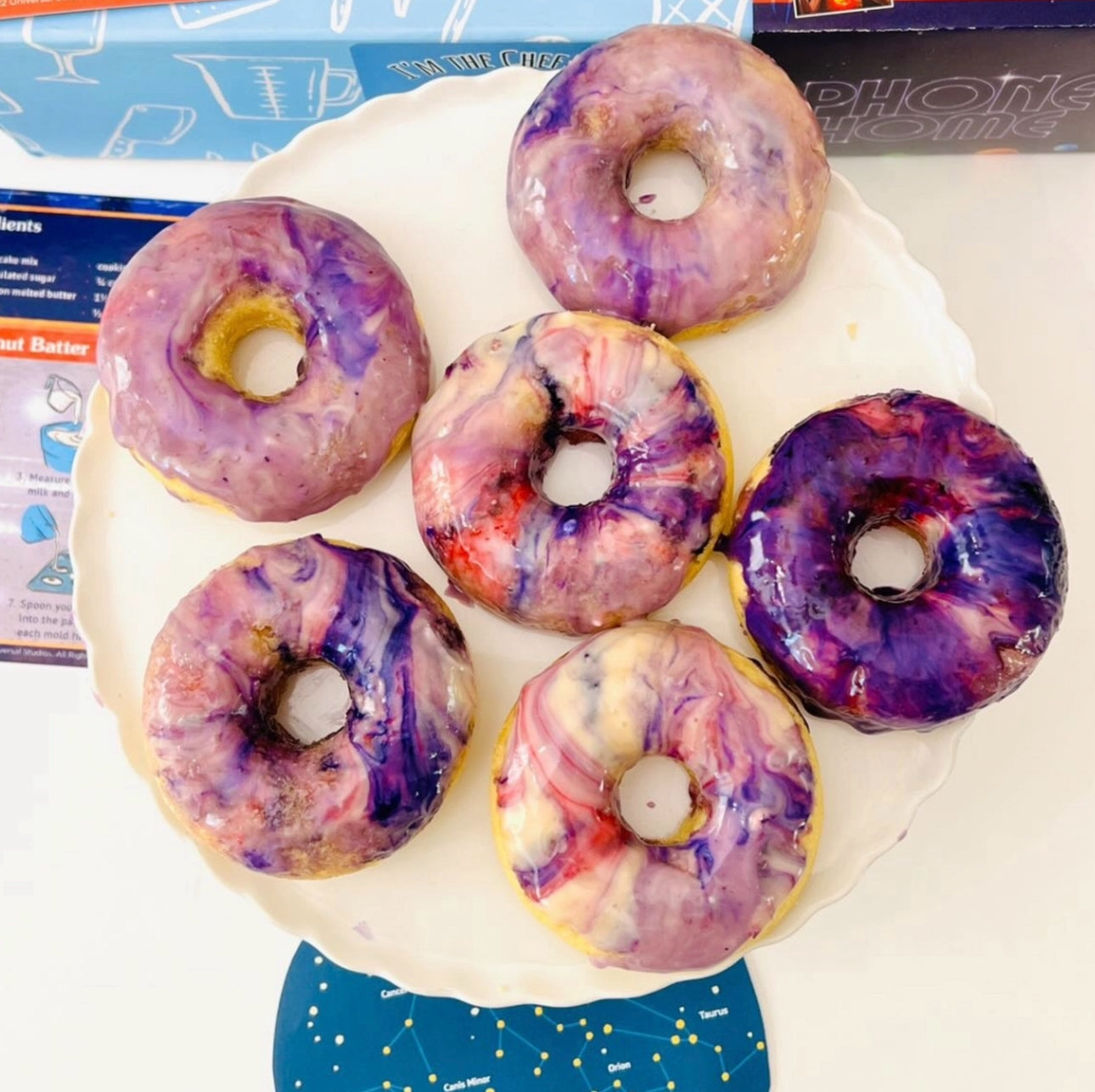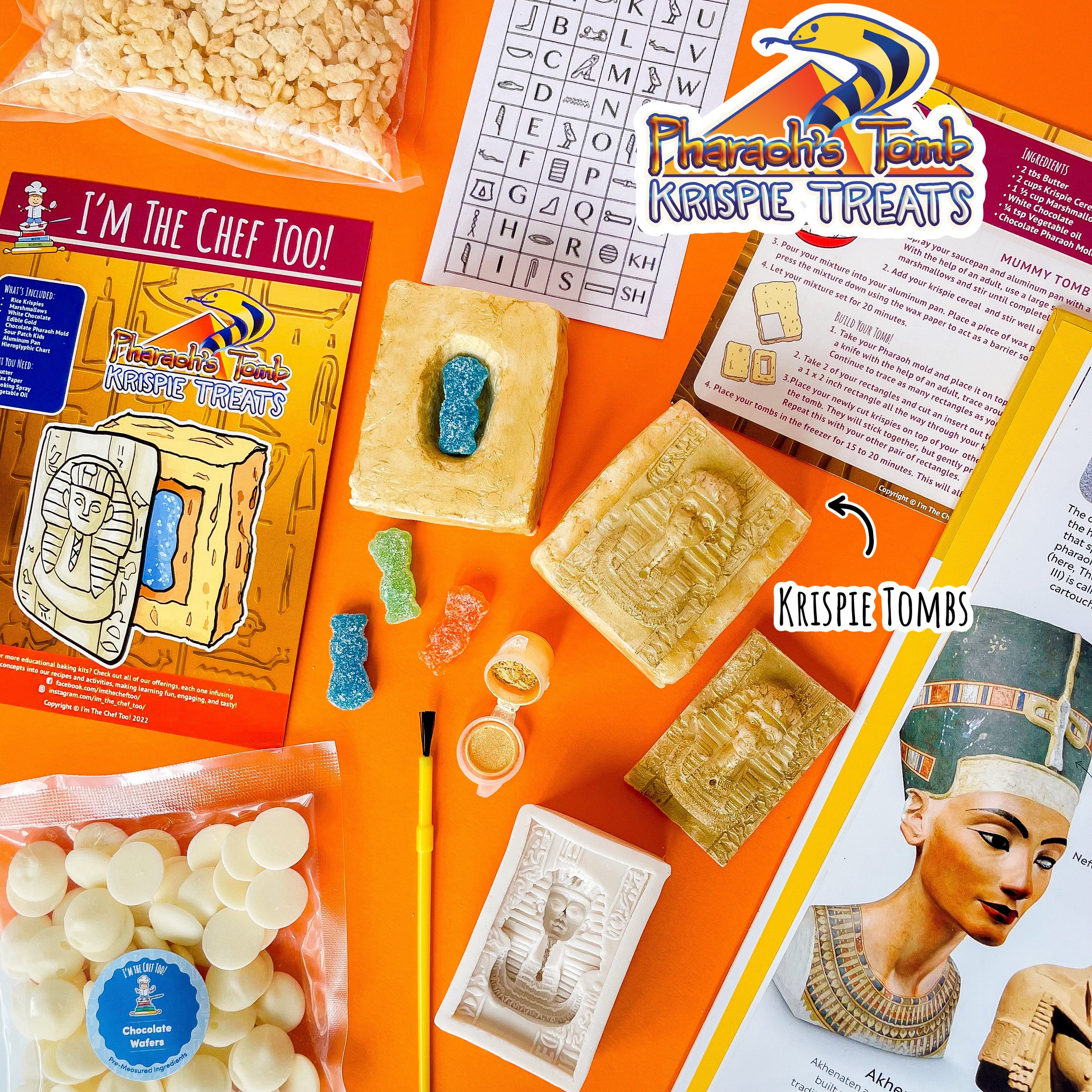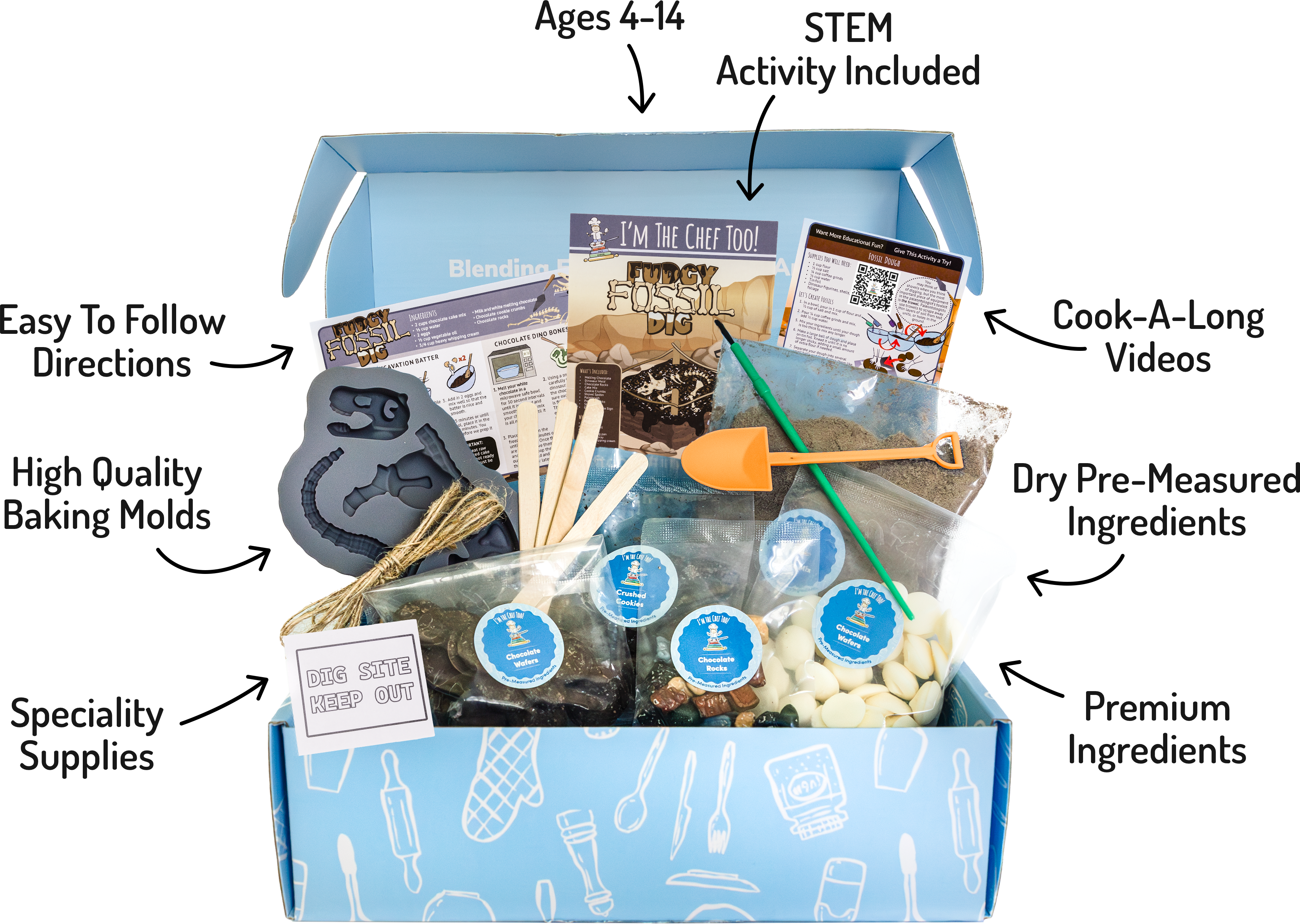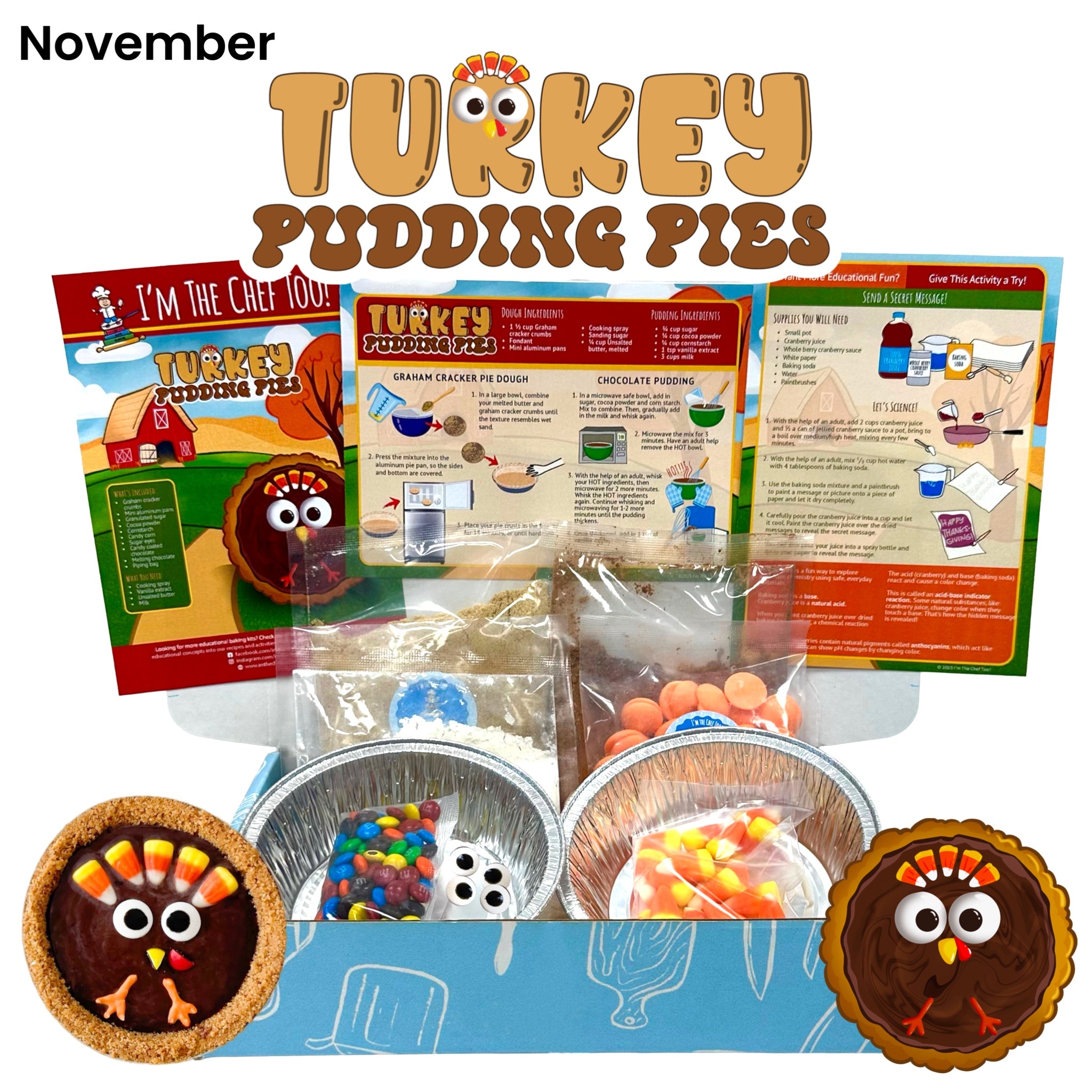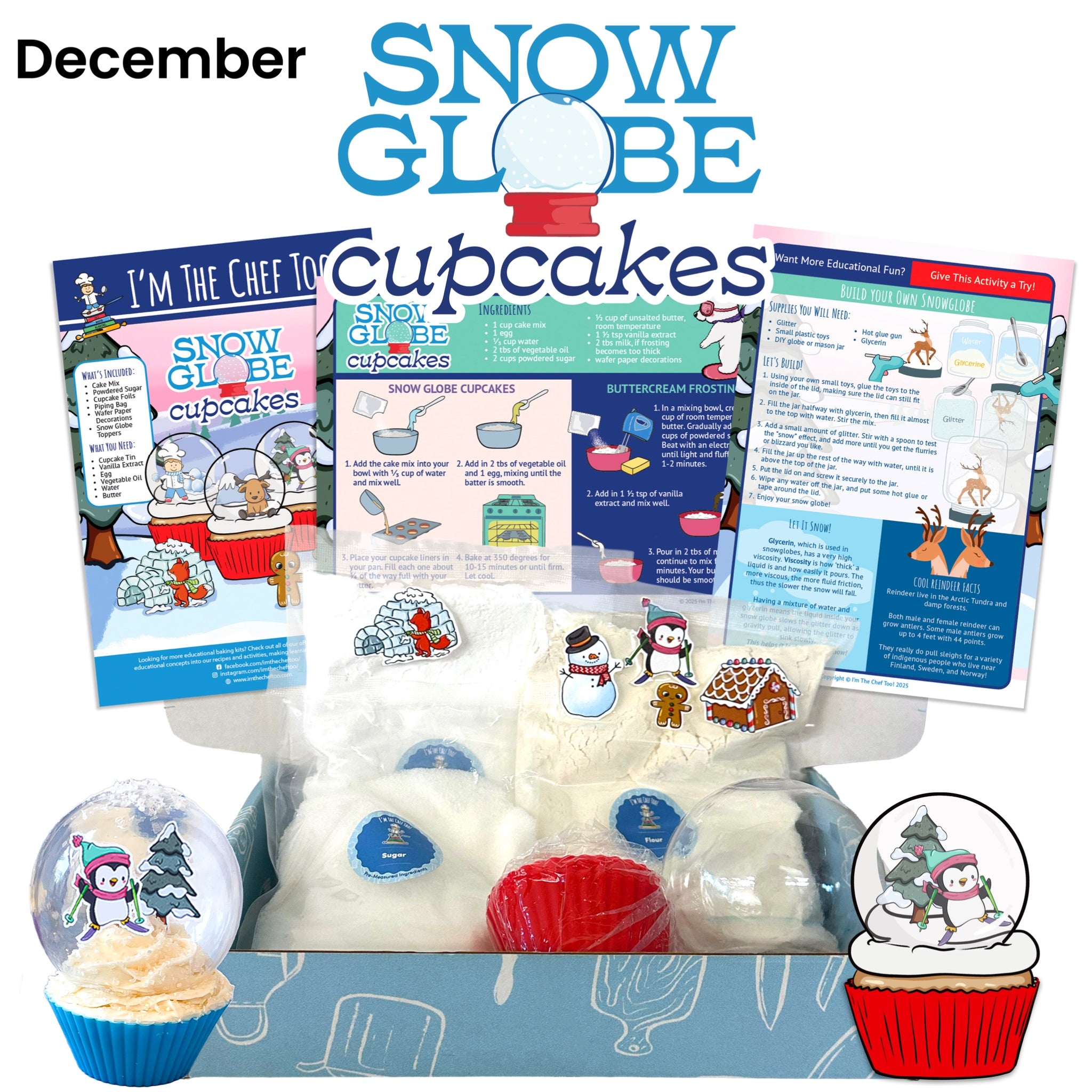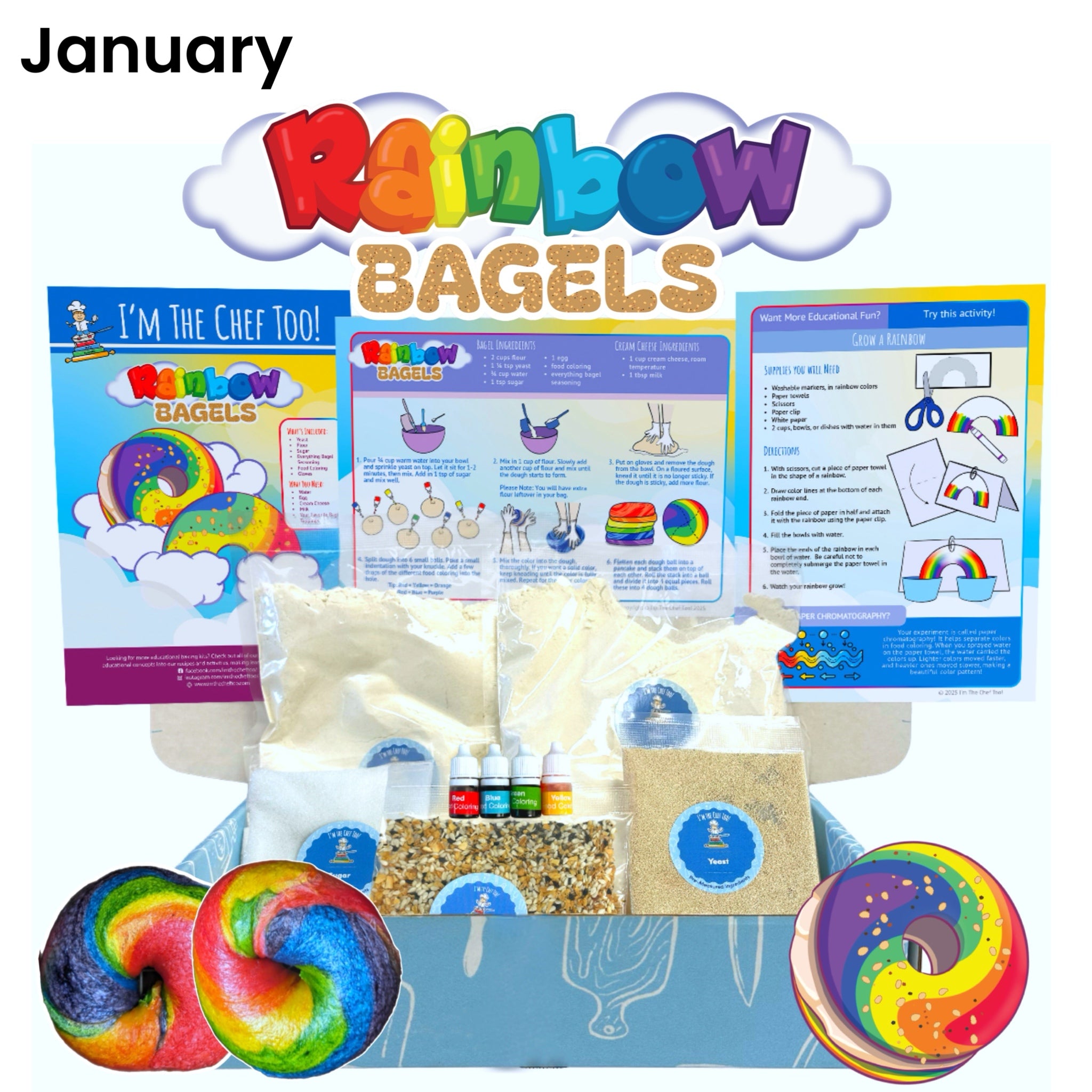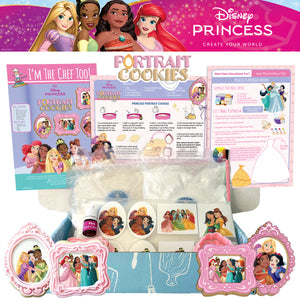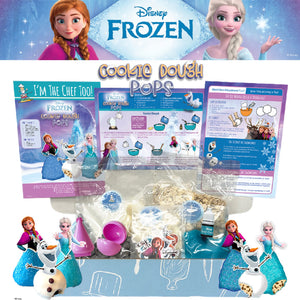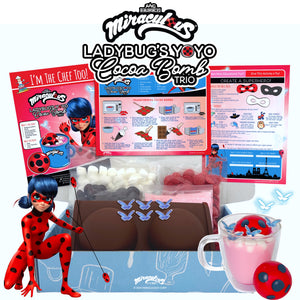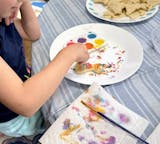Table of Contents
- Introduction
- Cultivating Critical Thinking and Problem-Solving Skills
- Igniting Creativity and Innovation
- Fostering Collaboration and Communication
- Building Resilience and Embracing Failure
- Sparking Curiosity and Encouraging Independent Exploration
- Connecting Learning to the Real World: Practical Applications
- Preparing for Future Success and High-Demand Careers
- Promoting Equality and Increasing Access to Learning
- Enhancing Cognitive Skills and Fostering Lifelong Learning
- The Role of Parents and Educators in Nurturing STEM
- Conclusion
Have you ever watched a child intently focused on building a tower of blocks, experimenting with how high it can go before it topples? Or perhaps seen their eyes light up as they mix ingredients in a bowl, captivated by the transformation from liquid to solid? These everyday moments are far more than just play; they are foundational steps in Science, Technology, Engineering, and Mathematics (STEM) learning. In a world that is constantly evolving, driven by rapid advancements and complex challenges, equipping our children with a strong foundation in STEM is not just beneficial—it’s essential.
At I'm the Chef Too!, we believe that learning should be an adventure, a delightful journey where curiosity is sparked, and creativity flourishes. Our unique mission is to blend food, STEM, and the arts into one-of-a-kind "edutainment" experiences, proving that the kitchen is a fantastic laboratory for discovery. This post will explore the profound benefits of STEM learning, from fostering critical thinking and sparking innovation to building resilience and preparing children for a future filled with possibilities. We’ll delve into how these crucial skills are developed, why they matter for every child, and how you can nurture a love for STEM in your own home or classroom, often with delicious results!
Introduction
Imagine a future where every child feels confident tackling complex problems, where innovation is second nature, and where learning is a lifelong passion. This isn't a distant dream; it's a tangible outcome of embracing STEM education from an early age. The term "STEM" itself, coined by the U.S. National Science Foundation (NSF) in 2001, highlights the interconnectedness of these vital disciplines. It recognizes that the ability to think scientifically, understand technology, apply engineering principles, and master mathematical concepts is crucial for individuals and for our collective progress in a global economy.
Unfortunately, despite its recognized importance, STEM proficiency remains a challenge for many students. Reports from organizations like ACT indicate that a significant percentage of high school graduates may not be adequately prepared for collegiate-level STEM courses. This gap isn't just about future careers; it's about developing a mindset that empowers children to navigate and shape the world around them.
The purpose of this blog post is to illuminate the multifaceted benefits of STEM learning, demonstrating how it cultivates essential skills that extend far beyond the classroom or laboratory. We will explore how hands-on, engaging STEM activities can ignite a child's natural curiosity, build their confidence, and provide them with invaluable tools for success in any field they choose to pursue. Our core message is simple: STEM learning, especially when made fun and tangible, builds a powerful foundation for a child's holistic development, fostering a love for learning that lasts a lifetime.
Cultivating Critical Thinking and Problem-Solving Skills
One of the most immediate and profound benefits of STEM learning is its unparalleled ability to cultivate critical thinking and problem-solving skills. Unlike subjects that often have single, predetermined answers, STEM challenges encourage children to analyze situations, ask probing questions, and devise multiple pathways to a solution. This process is inherently about thinking independently and creatively.
Consider a simple engineering challenge, like building the tallest possible structure with limited materials. A child won't just stack blocks randomly; they'll experiment with different bases, test various joint designs, and observe what works and what doesn't. They might initially try a wide base, then realize a narrower, more stable one is better for height. This iterative process of trial and error is fundamental to critical thinking. They are constantly evaluating, adjusting, and refining their approach based on empirical evidence. This isn't just about finding an answer; it's about understanding why certain solutions are more effective than others.
In the kitchen, this translates beautifully. When a child follows a recipe, they are engaging in a precise scientific experiment. Measuring ingredients requires mathematical accuracy. Understanding how baking soda reacts with an acid to make a cake rise is chemistry in action. If a dish doesn't turn out as expected, they learn to troubleshoot: "Did I add too much liquid?" "Was the oven hot enough?" This kind of practical problem-solving builds a mental framework for approaching challenges in all areas of life. It teaches them to break down complex tasks into manageable steps, identify potential obstacles, and strategically overcome them.
At I'm the Chef Too!, our "edutainment" kits are specifically designed to foster this kind of critical thinking. For instance, creating our Erupting Volcano Cakes isn't just about baking; it's a delicious dive into chemical reactions. Kids observe firsthand how different ingredients combine to create a bubbling, "erupting" effect, prompting questions like "What makes it fizz?" and "Can we make it fizz more?" This hands-on engagement makes abstract scientific concepts tangible and memorable, encouraging children to think like real scientists and engineers.
The ability to think critically is a highly valued skill in any profession, not just STEM fields. Employers across industries seek individuals who can analyze information, identify core issues, and develop innovative solutions. By nurturing these skills through engaging STEM activities, we are setting children up for success in whatever path they choose. They learn to question, to explore, and to persevere, transforming challenges into opportunities for growth.
Ready to embark on an adventure that sharpens young minds? Join The Chef's Club today and receive a new, exciting STEM cooking experience delivered right to your door every month!
Igniting Creativity and Innovation
While often associated with logic and precision, STEM is a powerful catalyst for creativity and innovation. Complex problems rarely have a single, obvious solution; they demand imaginative thinking and novel approaches. STEM education encourages children to "think outside the box" and apply their unique perspectives to challenges.
Consider an engineering design project where children are tasked with creating a device to transport a small object across a gap using only recycled materials. There isn't one "right" answer. One child might design a pulley system, another a ramp, and yet another a catapult. Each solution requires creative ideation, prototyping, and refining. The process encourages divergent thinking—generating many ideas—before converging on the most effective ones. This freedom to experiment and to fail without fear of judgment is crucial for nurturing true innovation. As the saying goes, imagination is the beginning of creation.
In the culinary arts, creativity shines through recipe adaptation, presentation, and flavor combinations. When children are given a base recipe and encouraged to add their own twist, they are engaging in creative problem-solving. What if we add sprinkles here? What if we use a different type of fruit? These seemingly small decisions foster a sense of ownership and encourage experimentation.
At I'm the Chef Too!, our kits are designed to spark this kind of creative ingenuity. Take our Galaxy Donut Kit, for example. Beyond the science of baking, children get to unleash their artistic side, decorating their donuts to resemble swirling galaxies. This blends the art of design with the science of baking, showing how interconnected these disciplines truly are. It’s not just about following steps; it’s about expressing themselves through edible creations. We believe that by integrating the arts into our STEM experiences, we create a richer, more engaging learning environment that appeals to a wider range of interests and learning styles. This "edutainment" philosophy ensures that learning is always an exciting, imaginative journey.
The ability to innovate is increasingly vital in all sectors. Businesses seek individuals who can offer fresh perspectives and develop groundbreaking solutions. By fostering creativity through hands-on STEM activities, we empower children to become the innovators of tomorrow, capable of shaping a better future. They learn that there are often multiple paths to success and that the most exciting discoveries often come from daring to try something new.
Fostering Collaboration and Communication
Few significant achievements in the modern world are the result of solitary effort. From designing a new app to building a bridge, collaboration and communication are paramount. STEM education provides natural opportunities for children to develop these essential interpersonal skills.
When children work on a STEM project together, they must learn to divide tasks, share ideas, listen to different perspectives, and negotiate solutions. Imagine a group building a robot or designing a simple machine. One child might be responsible for the mechanical components, another for the electrical wiring, and a third for the programming. They must communicate their progress, challenges, and ideas clearly to ensure the project comes together cohesively. This peer-to-peer interaction teaches them the value of teamwork, compromise, and constructive feedback. They learn how to articulate their thoughts, advocate for their ideas, and also how to actively listen and incorporate the suggestions of others.
In a family setting, cooking together is a fantastic way to practice these skills. Assigning different roles in the kitchen—one child measures, another mixes, a third reads the instructions—requires coordinated effort. If one child is struggling with a task, another can offer help or a different approach. This shared experience not only strengthens family bonds but also provides a low-pressure environment for children to develop their communication and collaboration abilities. They learn to depend on each other, to celebrate shared successes, and to navigate minor setbacks as a team.
Our I'm the Chef Too! kits are perfect for this kind of collaborative learning. Picture a family gathered around the counter, working together on a fun recipe. Perhaps you're making Peppa Pig Muddy Puddle Cookie Pies. One child might be in charge of crushing the cookies for the "mud," while another carefully pipes the "puddles." This shared activity becomes a memorable bonding experience, where laughter and learning go hand-in-hand. It’s a wonderful screen-free alternative that encourages genuine interaction and cooperation.
These collaborative experiences prepare children for success in any future endeavor. Whether they pursue a career in STEM or another field, the ability to work effectively in teams, communicate clearly, and lead discussions will be invaluable. They learn that diverse ideas often lead to stronger outcomes and that achieving a common goal is more rewarding when shared.
For larger groups, like classrooms or homeschool co-ops, our programs offer flexible options to bring these hands-on STEM adventures to more children. Learn more about our versatile School and Group Programs, available with or without food components, to suit your specific needs.
Building Resilience and Embracing Failure
The path to discovery is rarely a straight line. Experimentation, a cornerstone of STEM, inherently involves trial and error—and often, failure. Rather than being a setback, failure in STEM is reframed as a crucial learning opportunity, fostering resilience and a growth mindset in children.
When a bridge made of popsicle sticks collapses, or a baking experiment doesn't rise, it can be disappointing. However, in a supportive STEM learning environment, these moments are not seen as proof of inability but as valuable data points. The questions shift from "Why did it fail?" to "What can we learn from this?" and "How can we improve it next time?" Children learn to analyze what went wrong, adapt their approach, and try again with newfound understanding. This iterative process of experimenting, failing, analyzing, and iterating builds incredible mental fortitude. They discover that persistence is key and that every "failure" brings them closer to success.
This acceptance of failure is a vital life skill. It teaches children that setbacks are not roadblocks but detours, opportunities to pivot and grow. It builds confidence not just in achieving an outcome, but in the process of learning itself. They learn to believe in themselves, even when faced with challenges that seem daunting.
In our I'm the Chef Too! kitchen adventures, we often emphasize that cooking is a science with room for joyful mistakes. A cookie that spreads too much, a cake that sinks in the middle – these are moments for discussion. "What if the butter was too warm?" "Did we open the oven door too soon?" These questions encourage children to think like culinary scientists, understanding cause and effect. They learn that even professional chefs have "oops" moments, and the true skill lies in learning from them and trying again. This makes the eventual success of a perfectly baked treat even sweeter and more rewarding.
By engaging in hands-on activities that inherently involve experimentation, children develop the resilience needed to tackle any challenge, academic or personal. They learn that success often comes after multiple attempts and that perseverance is a superpower. This mindset equips them to face life's inevitable ups and downs with optimism and determination.
Ready to inspire resilience and a love for learning in your child? Discover our full library of adventure kits available for a single purchase in our shop. Browse our complete collection of one-time kits and find the perfect theme for your little learner!
Sparking Curiosity and Encouraging Independent Exploration
Children are born scientists, constantly observing, questioning, and experimenting with the world around them. STEM learning capitalizes on this innate curiosity, transforming it into a powerful engine for independent exploration and lifelong learning.
True STEM education is inquiry-based, meaning it starts with a question or a challenge that ignites a child's "why" and "how." Why does the bread rise? How does a pulley make it easier to lift heavy objects? What makes the colors separate in a rainbow density experiment? These questions encourage children to delve deeper, to research, to test hypotheses, and to seek answers on their own. This process moves beyond rote memorization, fostering a genuine desire to understand and discover.
When children are engaged in hands-on STEM activities, they are often so captivated that they continue their exploration long after the formal lesson ends. They might go to the library to find books on a related topic, conduct their own mini-experiments in the backyard, or simply observe the world with a more scientific eye. This independent pursuit of knowledge is a hallmark of a truly curious mind. It teaches them that learning isn't confined to a classroom; it's an ongoing adventure that can be pursued anytime, anywhere.
Our mission at I'm the Chef Too! is rooted in sparking this very curiosity. By combining the universal appeal of food with the fascinating principles of STEM, we make complex subjects approachable and exciting. When children bake our Dinosaur Dig Cookies, they aren't just making treats; they're excavating edible fossils and learning about paleontology. This tactile, delicious experience makes the abstract concepts of geology and archaeology come alive, often inspiring them to learn more about dinosaurs, rocks, and the Earth's history. It’s a screen-free educational alternative that encourages imaginative play and scientific inquiry.
By nurturing a child's natural inclination to explore and question, STEM education empowers them to become active participants in their own learning journey. They develop self-motivation and the ability to seek out information independently, skills that are indispensable in an age of rapid information access. This cultivation of curiosity is the foundation for a lifelong love of learning and discovery.
Connecting Learning to the Real World: Practical Applications
One of the most compelling benefits of STEM education is its emphasis on real-world applications. Unlike abstract concepts that can sometimes feel disconnected from daily life, STEM intrinsically links academic subjects to tangible experiences, making learning more relevant, meaningful, and engaging for children.
When children understand why they are learning something and how it applies to the world around them, their motivation and engagement skyrocket. For example, learning about fractions becomes much more concrete when they are used to measure ingredients for a recipe. Understanding levers and pulleys makes sense when they are building a simple machine to lift an object. The principles of physics come alive when they design a paper airplane and test how different wing shapes affect its flight. These connections transform learning from a series of facts to memorize into a set of tools for understanding and interacting with the world.
This real-world relevance helps children appreciate the importance of what they are learning. It can reignite interest in subjects where they might have previously felt disengaged. When they see math as essential for baking, or science as vital for understanding weather patterns, the subjects become less intimidating and more exciting. This practical approach fosters a deeper appreciation for the interconnectedness of different disciplines and how they work together to explain phenomena or solve problems in everyday life.
At I'm the Chef Too!, this connection to the real world is at the heart of everything we do. We believe the kitchen is the ultimate real-world laboratory. Every recipe is a hands-on science experiment, every measurement a practical math lesson, and every design decision an exercise in engineering and art. When children create our Outer Space Sugar Cookies, they're not just decorating; they're exploring concepts of gravity, orbital mechanics (as they imagine planets revolving), and the vastness of the cosmos, all while engaging their senses and fine motor skills. Our approach ensures that learning is tangible, delicious, and directly applicable to experiences children can relate to.
By consistently showing children how STEM concepts are applied in their daily lives, we help them develop a deeper understanding and a lasting passion for these subjects. This practical foundation not only enhances their academic performance but also equips them with a powerful framework for navigating and innovating within the world they inhabit.
Want to bring these hands-on, real-world learning experiences into your home every month? Join The Chef's Club today and enjoy free shipping on every box, bringing a new adventure to your kitchen!
Preparing for Future Success and High-Demand Careers
Beyond foundational skills, STEM education plays a critical role in preparing children for future success, particularly in a rapidly evolving job market. While we emphasize fostering a love for learning over guaranteed outcomes, it's undeniable that STEM fields are experiencing significant growth and offer promising career paths.
The Bureau of Labor Statistics (BLS) consistently projects strong growth in STEM occupations, often at a rate significantly higher than non-STEM fields. These careers also tend to offer higher salaries, reflecting the high demand for specialized skills. From data scientists and software engineers to environmental scientists and biomedical researchers, the opportunities within STEM are vast and diverse.
However, the benefits of STEM education extend far beyond traditional STEM careers. The skills cultivated through STEM learning—critical thinking, problem-solving, creativity, collaboration, and adaptability—are universally valuable and highly sought after in any industry. Whether a child becomes an artist, an entrepreneur, a teacher, or a healthcare professional, the ability to analyze information, innovate, and work effectively with others will be crucial for their success. The Department of Defense, for instance, notes that over 80% of jobs in the coming decade will require STEM skills, underscoring their broad applicability.
At I'm the Chef Too!, our focus is on building these transferable skills and sparking broad interest. We aren't promising that every child will become a top scientist, but we are committed to helping them develop the confidence and foundational understanding that can open doors to countless possibilities. Our unique approach, developed by mothers and educators, ensures that children are not just passively absorbing information but actively engaging with it in a joyful, hands-on way. For example, a child experimenting with our Fudgy Fossil Dig Kit might not pursue paleontology, but they will develop patience, precision, and an understanding of scientific processes—skills that are valuable in any field.
By engaging children in rich STEM experiences, we are equipping them with a versatile toolkit of skills that will serve them well, no matter what their future aspirations may be. We are nurturing their natural abilities, broadening their perspectives, and empowering them to confidently navigate the complexities of the modern world.
Promoting Equality and Increasing Access to Learning
Despite the clear benefits of STEM education, disparities in access and representation persist. Historically, certain demographic groups, including women and minorities, have been underrepresented in STEM fields. Addressing this "STEM gap" is not only a matter of equity but also crucial for fostering a truly innovative and competitive workforce.
One of the most effective ways to increase access and engagement in STEM, especially for underrepresented groups, is through hands-on, project-based learning. Studies show that when students are actively involved in creating, experimenting, and solving problems, they are more likely to engage with STEM subjects and develop a deeper understanding of the material. This active learning approach can break down traditional barriers and make STEM feel more approachable and exciting for all children, regardless of their background or prior exposure.
Hands-on activities provide a level playing field, allowing children to explore concepts through direct experience rather than relying solely on abstract theories or textbook knowledge. This can be particularly impactful for visual or kinesthetic learners, or for those who may not thrive in traditional lecture-based settings. By making STEM tangible and fun, we can inspire a broader range of students to pursue these fields and see themselves as future innovators.
At I'm the Chef Too!, we are passionate about making STEM accessible and enjoyable for every child. Our unique "edutainment" approach, which blends food, STEM, and the arts, is designed to be universally engaging. We provide pre-measured dry ingredients and specialty supplies in each box, removing common barriers and making it easy for families to jump right into a hands-on learning adventure. Our kits offer a screen-free educational alternative, ensuring that children from all walks of life can experience the joy of discovery and the satisfaction of creating something delicious while learning vital concepts.
We believe that by providing engaging, hands-on opportunities, we can help bridge the STEM gap and inspire a new generation of diverse thinkers and problem-solvers. Every child deserves the chance to explore the wonders of science, technology, engineering, and mathematics in a way that sparks their curiosity and builds their confidence.
Beyond individual kits, we also offer scalable solutions for educators. If you're looking to bring our engaging, hands-on STEM experiences to your classroom, camp, or homeschool co-op, explore our versatile School and Group Programs. We have options available with or without food components to suit various educational settings and needs.
Enhancing Cognitive Skills and Fostering Lifelong Learning
The benefits of STEM learning extend deeply into a child's cognitive development, strengthening essential mental faculties that support learning across all disciplines and throughout life. Engaging with STEM activities actively exercises the brain, improving memory, attention span, analytical processing, and logical reasoning.
Consider the intricate processes involved in a coding activity or a robotics project. Children must follow sequences, understand cause-and-effect relationships, debug errors, and visualize abstract concepts. These tasks demand focused attention and systematic thinking, enhancing their ability to concentrate and process complex information efficiently. Similarly, when children measure ingredients, calculate ratios, or predict outcomes in a science experiment, they are honing their numerical reasoning and analytical skills. These aren't just isolated skills; they build interconnected neural pathways that strengthen overall cognitive function.
Moreover, STEM learning cultivates a "growth mindset"—the belief that abilities can be developed through dedication and hard work. As children successfully navigate challenges, learn from mistakes, and witness their own progress, they develop a strong sense of self-efficacy. This confidence in their ability to learn and solve problems becomes a powerful motivator for continuous learning. They are not just learning facts; they are learning how to learn, which is arguably the most important skill for navigating an ever-changing world.
At I'm the Chef Too!, our unique blend of food, STEM, and the arts is specifically designed to engage multiple cognitive areas simultaneously. When children create a delicious treat, they are using fine motor skills, following multi-step instructions, understanding spatial reasoning (e.g., how much batter fits in a pan), and observing physical and chemical changes. For example, our Dinosaur Dig Cookies require careful excavation and assembly, strengthening hand-eye coordination and patience, while connecting to concepts of geology and archaeology. This multi-sensory, hands-on approach makes learning deeper and more memorable, supporting robust cognitive development.
By providing engaging, brain-stimulating STEM experiences, we are helping children build a strong cognitive foundation. We are fostering their ability to think critically, solve problems creatively, and approach new information with an eager and adaptable mind. This empowers them to become lifelong learners, capable of embracing new knowledge and challenges with enthusiasm and confidence.
Ready to provide your child with ongoing opportunities to strengthen these vital cognitive skills and foster a love for lifelong learning? Join The Chef's Club today! Our flexible 3, 6, and 12-month pre-paid plans are perfect for ensuring a steady stream of educational fun delivered right to your door with free shipping in the US.
The Role of Parents and Educators in Nurturing STEM
Parents and educators play an indispensable role in nurturing a child's interest and proficiency in STEM. While structured programs are valuable, much of the foundational STEM learning happens through everyday interactions, encouragement, and providing opportunities for exploration.
For parents, this means embracing curiosity in the home. It could be as simple as asking "why" and "how" questions when observing natural phenomena (e.g., "Why does the ice melt so quickly?"), encouraging building activities with blocks or LEGOs, or turning cooking into a science experiment. Providing access to age-appropriate STEM-focused books, toys, and kits can also make a significant difference. The key is to make learning fun and pressure-free, focusing on the process of discovery rather than just the outcome. Celebrating effort and persistence, even when things don't go as planned, reinforces a growth mindset.
Educators, whether in traditional classrooms, homeschool environments, or after-school programs, can integrate STEM principles across subjects. This involves moving beyond isolated lessons and adopting a more interdisciplinary, project-based approach. Creating opportunities for hands-on experimentation, collaborative problem-solving, and open-ended design challenges allows children to apply their knowledge in meaningful ways. Encouraging inquiry, allowing for productive struggle, and providing constructive feedback are crucial for fostering a supportive STEM learning environment. Bringing in diverse role models from STEM fields can also inspire children and broaden their perceptions of who can pursue these careers.
At I'm the Chef Too!, we understand the challenges and joys of raising curious learners. That's why our kits are developed by mothers and educators, ensuring they are not only engaging and educational but also practical and easy for families to use. We provide pre-measured dry ingredients and specialty supplies, minimizing prep time and maximizing the fun. We believe in providing a tangible, screen-free educational alternative that facilitates family bonding and sparks genuine interest. Our mission is to make STEM learning accessible and enjoyable for everyone, transforming kitchens into interactive learning labs.
Whether you're a parent looking for a screen-free weekend activity for your 7-year-old who loves dinosaurs (perhaps our Fudgy Fossil Dig Kit would be perfect!), or an educator seeking engaging materials for your science club, providing consistent, positive STEM experiences is key. By fostering an environment of exploration, inquiry, and hands-on learning, we empower children to develop the skills and confidence they need to thrive.
Conclusion
The journey of STEM learning is a profound one, offering far more than just academic knowledge. It’s about cultivating a mindset—a way of approaching the world with curiosity, critical thinking, creativity, and resilience. From the earliest explorations with building blocks to complex culinary chemistry, every STEM activity builds foundational skills that are indispensable for success in school, future careers, and life itself. We’ve seen how STEM ignites innovative thinking, fosters collaboration, builds confidence through embracing failure, and connects learning to the tangible world around us. It’s a powerful tool for promoting equality in education and enhancing vital cognitive skills, preparing children not just for today's challenges but for tomorrow's unknowns.
At I'm the Chef Too!, we are committed to making this incredible journey accessible, engaging, and delicious for every child. Our unique "edutainment" experiences blend food, STEM, and the arts, proving that learning can be an adventure filled with wonder and joy. Developed by mothers and educators, our kits provide a hands-on, screen-free alternative that sparks curiosity, facilitates family bonding, and nurtures the innovators of tomorrow.
Don't let another day go by without sparking the incredible potential within your child. Imagine the joy of discovery, the pride of creation, and the lasting memories you'll make together.
Ready to bring the magic of STEM into your home every month? Join The Chef's Club today and enjoy a new, exciting STEM cooking adventure delivered right to your door with free shipping in the US. Give the gift of learning that lasts all year with our flexible subscription plans, and watch your child's curiosity, creativity, and confidence soar!
FAQ
Q1: What exactly does STEM stand for?
A1: STEM is an acronym that stands for Science, Technology, Engineering, and Mathematics. It represents an interdisciplinary approach to education that integrates these four fields into a cohesive learning paradigm, emphasizing hands-on, real-world applications.
Q2: At what age should children start learning about STEM?
A2: STEM learning can begin at any age, even in infancy! Young children naturally engage in STEM concepts through play: stacking blocks (engineering, physics), sorting toys (math, classification), or exploring textures (science). Formal introduction to STEM concepts can start as early as preschool, focusing on inquiry, exploration, and hands-on activities. The key is to make it age-appropriate and fun.
Q3: How is I'm the Chef Too! different from other educational kits?
A3: At I'm the Chef Too!, our unique approach blends the excitement of cooking with core STEM principles and artistic expression. We call it "edutainment" because it's designed to be both highly educational and incredibly fun. Our kits are developed by mothers and educators, providing pre-measured dry ingredients and specialty supplies, making it convenient for families to engage in screen-free, hands-on learning adventures that foster curiosity, creativity, and family bonding.
Q4: My child isn't interested in science or math. Can STEM still benefit them?
A4: Absolutely! The benefits of STEM learning extend far beyond traditional science or math careers. STEM activities cultivate universal skills such as critical thinking, problem-solving, creativity, collaboration, and resilience. These "soft skills" are highly valued in every profession and in daily life. By making STEM engaging and hands-on (like through cooking!), children often discover a natural aptitude or interest they didn't know they had, or simply strengthen invaluable life skills.
Q5: How can parents encourage STEM learning at home without specialized equipment?
A5: You don't need a fancy lab! The kitchen is a fantastic STEM laboratory. Cooking involves chemistry (reactions, changes of state), math (measuring, fractions, ratios), and engineering (structuring a cake, designing a dish). Gardening, building with LEGOs or cardboard boxes, observing nature, and even simple household repairs offer rich STEM opportunities. The most important "equipment" is your willingness to explore, ask questions, and learn alongside your child. Our One-Time Kits are also a great way to bring structured, fun STEM activities right to your home without needing to gather supplies.
Q6: What if a STEM experiment doesn't work out as planned?
A6: That's a perfect learning opportunity! In STEM, "failure" is often just data. Encourage your child to think like a scientist: What happened? Why do you think it didn't work? What could we try differently next time? This process teaches resilience, problem-solving, and the importance of perseverance. It reinforces that learning is an iterative process, and mistakes are valuable steps toward understanding.
Q7: Are there options for schools or groups to use I'm the Chef Too! kits?
A7: Yes! We offer versatile programs designed for classrooms, camps, homeschool co-ops, and other group settings. These programs can be tailored to your specific needs, with options available both with and without food components. We believe in making hands-on STEM accessible to as many children as possible. You can learn more about our School and Group Programs on our website.



